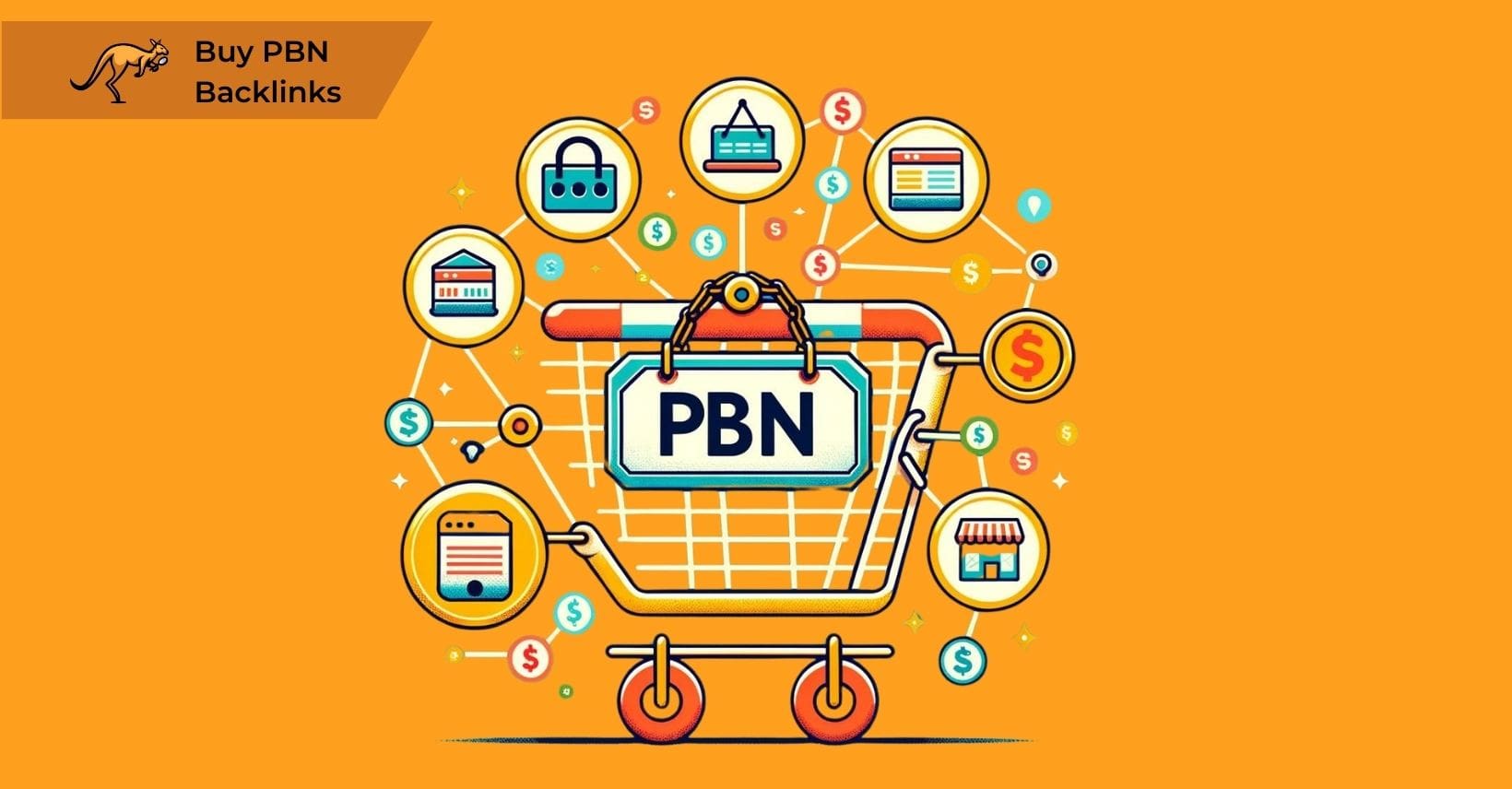How to Use Web 2.0 Sites for Backlinks: A Complete SEO Guide
5 de Setembro de 2024, 11:57 - sem comentários ainda | Ninguém está seguindo este artigo ainda.In the competitive world of digital marketing, backlinks remain a cornerstone of effective SEO strategies. Among various techniques, leveraging Web 2.0 sites has emerged as a powerful method to boost your website's ranking. If you’re looking to understand how to use Web 2.0 sites for backlinks effectively, this comprehensive guide will provide you with all the insights you need.
Understanding Web 2.0 Sites
Before diving into how to use Web 2.0 sites for backlinks, it’s crucial to grasp what Web 2.0 sites are. Web 2.0 refers to the evolution of the web, where platforms allow users to create content, interact, and share with others. These sites enable user-generated content and are often characterized by features like blogs, social networking, and wikis.
Examples of popular Web 2.0 platforms include WordPress, Blogger, Tumblr, and Weebly. These platforms offer a unique opportunity for SEO enthusiasts to create backlinks through user-generated content. Now, let’s delve into the specifics of how to use Web 2.0 sites for backlinks.
Why Use Web 2.0 Sites for Backlinks?
Using Web 2.0 sites for backlinks provides several advantages that can significantly enhance your SEO strategy:
- High Domain Authority (DA): Many Web 2.0 sites have high domain authority, which can pass valuable link equity to your main site.
- Content Control: You have complete control over the content, anchor text, and placement of backlinks.
- Relevance: You can create content that directly relates to your niche, ensuring that your backlinks are relevant.
- Ease of Use: Web 2.0 platforms are user-friendly, allowing you to create and publish content quickly.
Step-by-Step Guide on How to Use Web 2.0 Sites for Backlinks
To maximize the benefits of using Web 2.0 sites for backlinks, follow these detailed steps:
1. Select the Right Web 2.0 Platforms
The first step in how to use Web 2.0 sites for backlinks is choosing the right platforms. Focus on Web 2.0 sites with high domain authority that allow content creation and hyperlink integration. Popular platforms include WordPress, Blogger, and Tumblr. These platforms not only have strong domain authority but also offer a range of customization options.
2. Create Quality Content
When using Web 2.0 sites for backlinks, content quality is paramount. Ensure that your content is informative, engaging, and valuable to your target audience. High-quality content not only attracts readers but also enhances the credibility of your backlinks. Make sure your content is well-structured, with proper headings, subheadings, and bullet points for easy readability.
3. Integrate Keywords Naturally
Keyword integration is a critical part of learning how to use Web 2.0 sites for backlinks. Your primary keyword, "how to use Web 2.0 sites for backlinks," should be incorporated naturally throughout the content, including in the introduction, subheadings, and conclusion. Aim for a keyword density of around 1% or slightly more to ensure it is optimized for search engines without appearing spammy.
4. Strategic Backlink Placement
The strategic placement of backlinks is crucial when you use Web 2.0 sites for backlinks. Place your backlinks naturally within the content, preferably within the body of the text rather than in footers or sidebars. Ensure that your backlinks point to relevant and authoritative pages on your main website. Avoid overloading your content with links; instead, focus on creating a natural and balanced link profile.

5. Optimize Anchor Text
Anchor text optimization is another essential aspect of using Web 2.0 sites for backlinks. Use a mix of exact match, partial match, and branded anchor texts. For example, you could use "how to use Web 2.0 sites for backlinks" as an exact match and variations like "Web 2.0 backlink strategies" or "SEO with Web 2.0" as partial matches. This diversity in anchor text helps maintain a natural link profile and reduces the risk of over-optimization.
6. Update Your Web 2.0 Properties Regularly
Regularly updating your Web 2.0 properties is key to maximizing their SEO benefits. Search engines favor fresh, updated content, so make sure to add new posts, edit existing content, and engage with your audience consistently. This will not only improve your site’s SEO but also increase the authority of your Web 2.0 properties.
7. Engage with the Community
Engagement is an often overlooked aspect of how to use Web 2.0 sites for backlinks. Participating in the community by commenting on other posts, responding to comments on your own content, and sharing your Web 2.0 site’s posts on social media can help increase traffic and build relationships within your niche. This, in turn, can lead to more natural backlinks from others.
Common Mistakes to Avoid
While understanding how to use Web 2.0 sites for backlinks is essential, it's also important to avoid common pitfalls that can hinder your efforts:
- Keyword Stuffing: Overusing your keywords can lead to penalties. Ensure that your keyword usage is natural and not forced.
- Low-Quality Content: Poor-quality content can damage your credibility and reduce the effectiveness of your backlinks.
- Ignoring Platform Guidelines: Each Web 2.0 site has its own rules and guidelines. Make sure you follow these to avoid having your content removed.
Mastering How to Use Web 2.0 Sites for Backlinks
Learning how to use Web 2.0 sites for backlinks effectively can significantly boost your SEO strategy. By selecting the right platforms, creating high-quality content, strategically placing backlinks, and regularly updating your properties, you can harness the power of Web 2.0 sites to improve your website’s ranking.
Start implementing these strategies today, and watch as your backlink profile strengthens and your search engine rankings soar. Web 2.0 sites are a valuable tool in the SEO arsenal, and with the right approach, they can provide lasting benefits for your website's visibility and authority.


0sem comentários ainda
Por favor digite as duas palavras abaixo